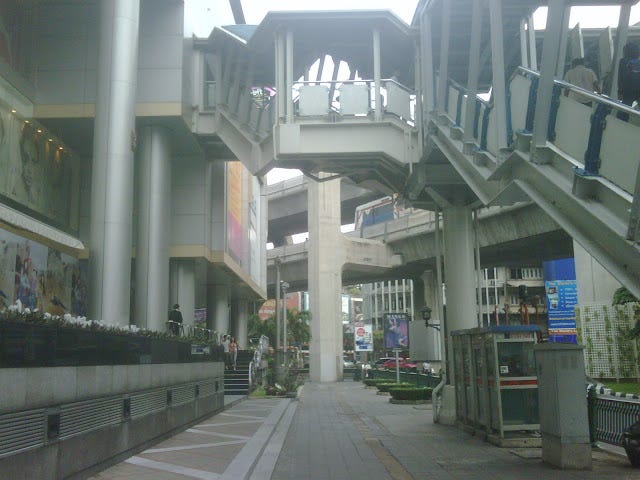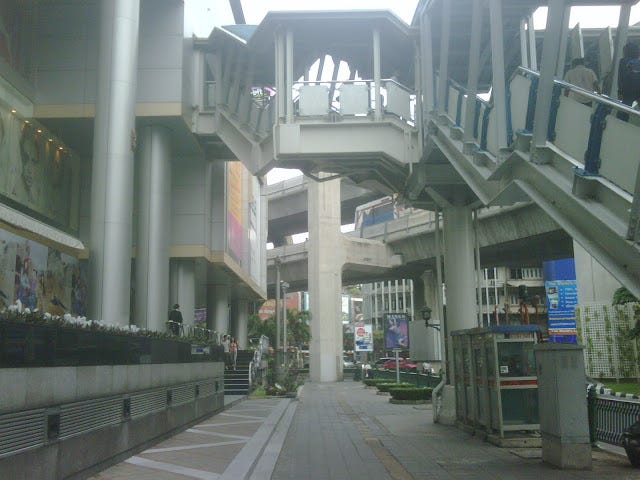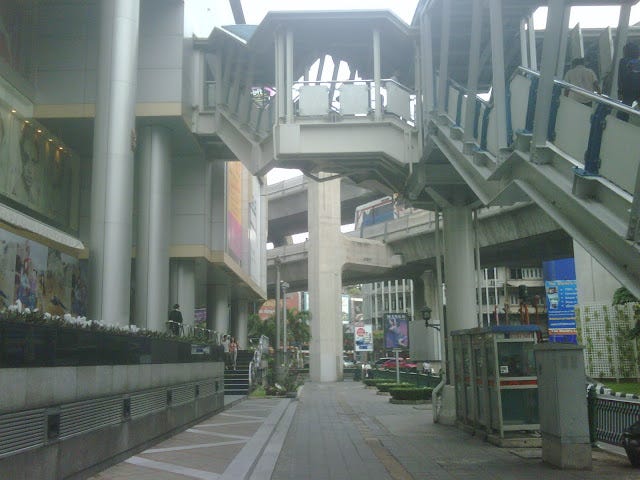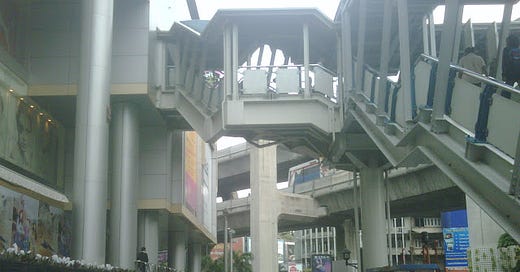*

Well he wasn’t prepared for anything. Look at that face. You could have drunk for 30 years. He woke up in a mood and thought it was best to get out. The visions were all jumbled in on top of each other, the crowded dreams. He couldn’t remember what they were about; except they seemed so urgent, as he woke several times, a mix of Asia and Australia. He was going to be blessed. We were marching forward. Into the abyss. Into a time of stillness and sinking wells. There were so many different ways of looking at it. He could be compromised, answered, all at once. There doesn’t seem to be an answer. Why should I open myself up to attack from that pack of c...s? He demanded to know. Peak experiences anonymous, that’s where he belonged. But how did he recover from half these things. How did he wander through the empty halls and still retain some sort of sanity? Why did they frisk him at the entrance? Nobody trusted anybody here. They liked to boast about their rock bottoms. How they weren’t really low level drunks at all. Mine came while reading a book, Wiliam S Burroughs. Get out of the shit house before it blows up, I read. And it was some of the best advice I’d ever had. So that’s what I did, one rotund creature said. Bully for you, he thought.
He’d had a fight with the gardener, Mr Booh, who he appeared to have acquired along with the new property, and with no consultation. So suddenly he found himself with an aging Thai man on his front lawn, gazing intently at the trees for hours, trying to decide which leaf to trim, making work for himself. They came to words when the lawn mower started up while they were lazing around watching Avatar in Thai for the umpteenth time, this time for the benefit of some of the boy’s infinite number of country relatives. Mai mai mai, Pung knee, Pung knee, no no no later later, he angrily declared, before storming back into the house, dismissing the man’s apology with an angry wave of the hand. Nobody had bothered to ask him if he would like to have the lawn mowed; and that was that, time to be boss. As it happened, he liked it the way it was. He didn’t want to live in a manicured paradise. He was from Australia; and they liked a bit of garden chaos there. Wild, overgrown, with the streets shining everywhere through demented, tilted glass, street lamps burning holes through the early morning fog, a dangerous creature just out of peripheral vision, an edge to things. The crowds spilling out of the early morning bars. An angel face trodden into the mud.
And the gardens winding everywhere, drifts of leaves, secret nooks, nothing trimmed at all. Hedges were nothing but blizzards of green. And even now the subject of green could propel him back to the worst of times, before he became himself, while they tried to beat him into submission. But these things were not the concern of an old man, not now. Sometimes they were in danger of coming alive, of saying what they really thought. Of being “patently unclear”. New York Maria had gone to the coast for the weekend to walk her dog. She had a nerve to complain about her life. Work did not seem to figure highly in her preoccupations. He had got through the worst of dismissing coffee and cigarettes out of his life, those annoying low grade drugs he would sometimes relapse on to, as if trying to energise something in the quicksand of consciousness. It never worked, but he should have known that by now. The internet was still not on, and he couldn’t for the life of him find the wi-fi switch on the computer. He made as if to say no; but that wasn’t what was happening. I need a purpose, a goal in my life, Shawn said, having failed in their agreed bid to give up cigarettes together and having gone and bought a packet. He’d been listening to the racket of the washing machine for months; the quote for every occasion, the catalogue of colourful experiences, and ignored his rationale for failure. If you’re going to have a bust, do it on something decent he advised, stop frigging around on the lower levels. The cigarettes will kill you. Everyone knows that. They might have been a fashion statement when we were kids, the ultimate cool. Now they just spell l-o-s-e-r.

THE BIGGER STORY:
http://news.smh.com.au/breaking-news-world/six-killed-in-iraq-violence-20101005-164lu.html
Six people were killed in violence in Baghdad and central Iraq on Monday, including a journalist for a US-funded television station, medical and security officials said.
Tahrir Kadhim Jawad, a cameraman for the al-Hurra satellite channel, was killed when a magnetic "sticky bomb" attached to his car detonated in the town of Garma, 50 kilometres west of the capital, police in nearby Fallujah said.
International press watchdog Reporters Without Borders (RSF) condemned Jawad's killing, calling for "urgent protection to be provided for the country's journalists and ... (for) authorities to speed up the conclusions of the investigation".
RSF said last month that the Iraq conflict has been the deadliest for the media since World War II, and in October 2009 ranked Iraq a lowly 145th place for media freedom out of 175 countries.
According to the Impunity Index released in April by the New York-based Committee to Protect Journalists, Iraq has the worst record of any country for solving the murders of reporters.
Also on Monday, a convoy transporting Fuad al-Mussawi, a deputy minister of science and technology, struck a bomb along a road in the upscale neighbourhood of Jadriyah, in the centre of the capital.
The minister was unharmed, but the early morning blast killed one of his guards and wounded four other people, said an interior ministry official who spoke on condition of anonymity.
Also in central Baghdad, an employee of a telephone exchange was killed and another wounded by a bomb that detonated near Al-Alwiyah communications centre in Karrada.
And in Diyala province, north of the capital, a bombing killed three people in the ethnically mixed town of Jalawlah, in a tract of disputed land claimed both by the autonomous Kurdistan region and Iraq's central government.
http://www.smh.com.au/technology/technology-news/turnbull-says-65-a-month-will-keep-most-off-broadband-20101004-164ek.html
The ''extraordinary'' cost of accessing the national broadband network will limit the number of people who choose to use it, the opposition spokesman on communications, Malcolm Turnbull, has warned.
Mr Turnbull, who has yet to finalise the opposition's policy on broadband, signalled the Coalition was unlikely to make any dramatic change to its approach to rural broadband in response to the federal election result. Yesterday he challenged the government's central argument that the broadband network would benefit consumers and competition.
The government-owned NBN Co is likely to charge retailers about $35 a month. He predicted this would result in customers paying an average of $65 to $70 a month.
''That is higher than most people are paying now. So there is no reason to believe that the NBN will deliver cheaper broadband. It certainly will deliver faster broadband than many people are getting at the moment, but at an extraordinary cost,'' he said.
At network test sites in Tasmania, retail prices range from as low as $30 a month for entry level plans to $140 to $160 a month for plans with higher speeds and download limits.
While the government says the network will increase competition between retailers, Mr Turnbull argued that creating the government-owned monopoly could stifle competition from other types of technology.
A spokeswoman for the Minister for Broadband, Stephen Conroy, said the experience in Tasmania showed that competition was already increasing.
''As experience in other markets has shown, the introduction of genuine competition will lead to more choice, more affordable prices and higher quality services,'' she said.
The government-owned NBN Co is due to release details of its business case shortly, but Mr Turnbull accused the government of overestimating both the revenue it would raise and the number of customers who would be willing to sign up.

Bangkok. Near MBK.



